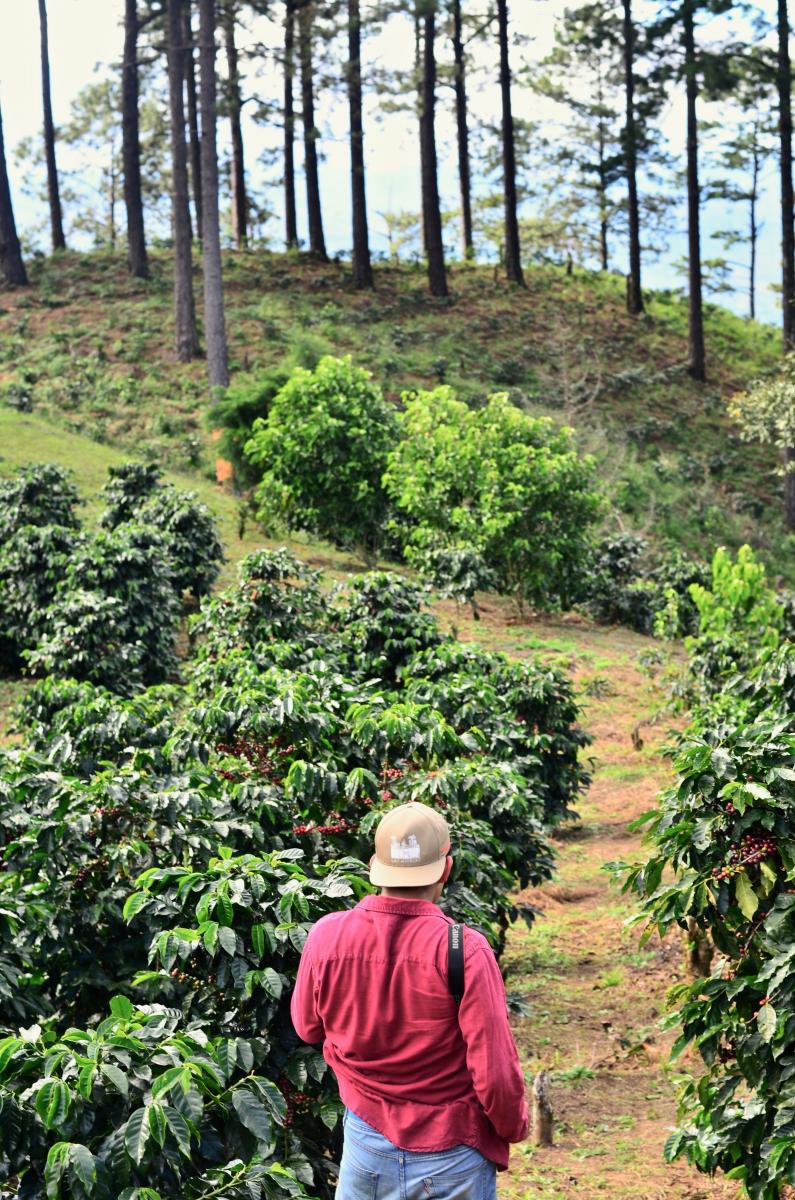Coffee farmers are more likely to implement and benefit from organic practices when their conservation plans are highly collaborative
 Most farmers want to employ practices that benefit human and environmental health, but connecting the dots between wanting and successfully implementing can be complicated, particularly when knowledge and finances are limited. A recent study in the journal Land found that coffee farmers are more likely to implement organic practices and reap the benefits of these practices when their farming strategies are designed in collaboration with researchers and policymakers, so that their farming challenges are addressed in the design of their plan to implement conservation practices. This collaborative process is also known as an adaptive management approach. In this study, the goal was to link wildlife-friendly coffee production in small-holder farms across West Java to economic viability of those farms, increased biodiversity, and improved ecosystem services. The adaptive management approach that the researchers employed required constant communication between farmers and all other parties involved, regular monitoring and evaluation of the farmers’ progress. This approach allowed farmers to express their production challenges in implementing the required wildlife-friendly practices for certification and receive real-time support for solutions to address those challenges. The problem-solving plans developed for farmers were based on interviews that revealed farmer expectations of an increase of income from the wildlife-friendly certification and higher quality coffee, while they faced challenges in pest management, finding adequate soil amendments for fertility, and reduced yields when transitioning to organic production.
Most farmers want to employ practices that benefit human and environmental health, but connecting the dots between wanting and successfully implementing can be complicated, particularly when knowledge and finances are limited. A recent study in the journal Land found that coffee farmers are more likely to implement organic practices and reap the benefits of these practices when their farming strategies are designed in collaboration with researchers and policymakers, so that their farming challenges are addressed in the design of their plan to implement conservation practices. This collaborative process is also known as an adaptive management approach. In this study, the goal was to link wildlife-friendly coffee production in small-holder farms across West Java to economic viability of those farms, increased biodiversity, and improved ecosystem services. The adaptive management approach that the researchers employed required constant communication between farmers and all other parties involved, regular monitoring and evaluation of the farmers’ progress. This approach allowed farmers to express their production challenges in implementing the required wildlife-friendly practices for certification and receive real-time support for solutions to address those challenges. The problem-solving plans developed for farmers were based on interviews that revealed farmer expectations of an increase of income from the wildlife-friendly certification and higher quality coffee, while they faced challenges in pest management, finding adequate soil amendments for fertility, and reduced yields when transitioning to organic production.
Project evaluation included an assessment of coffee quality before and after the implementation of the collaborative problem-solving plans. This evaluation revealed that the quality of coffee significantly improved after interventions to reduce coffee pests, particularly in farms that transitioned to organic. This work demonstrates the power of extension-type support in helping farmers successfully transition to organic and use more environmentally friendly practices.
Banner Photo Credit: Dr. Amber Sciligo, PhD
Photo Credit: Austin Park; unsplash.com

